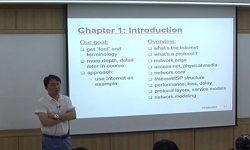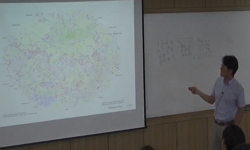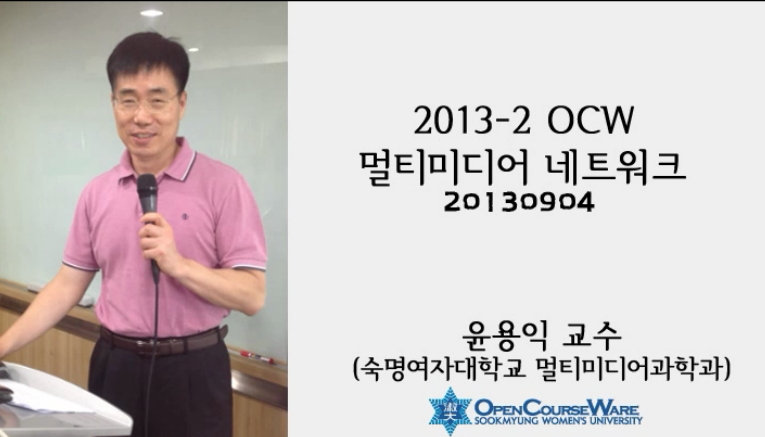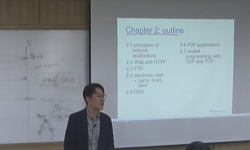The purpose of this study was to make a contribution to the settlement of case management performance in more professional and systematic methods of social welfare practice in its field. For that purpose, the study conducted empirical analysis with th...
http://chineseinput.net/에서 pinyin(병음)방식으로 중국어를 변환할 수 있습니다.
변환된 중국어를 복사하여 사용하시면 됩니다.
- 中文 을 입력하시려면 zhongwen을 입력하시고 space를누르시면됩니다.
- 北京 을 입력하시려면 beijing을 입력하시고 space를 누르시면 됩니다.
사회복지 사례관리자의 개인적 특성이 사례관리 수행에 미치는 영향 : 직무동기의 매개효과와 기관특성의 조절효과를 중심으로 = The Influence of Personal Characteristics of Social Work Case Managers on Case Management Performance:Focusing on the Mediating Effect of Job Motivation and Moderating Effect of Institutional Characteristic
한글로보기https://www.riss.kr/link?id=T14431369
- 저자
-
발행사항
광주 : 조선대학교 정책대학원, 2016
-
학위논문사항
학위논문(석사) -- 조선대학교 정책대학원 , 사회복지학과 , 2017. 2
-
발행연도
2016
-
작성언어
한국어
- 주제어
-
발행국(도시)
광주
-
형태사항
Ⅸ, 140p.p. ; 26cm
-
일반주기명
조선대학교 논문은 저작권에 의해 보호받습니다.
지도교수:박희서
참고문헌 : p. - 소장기관
-
0
상세조회 -
0
다운로드
부가정보
다국어 초록 (Multilingual Abstract)
The purpose of this study was to make a contribution to the settlement of case management performance in more professional and systematic methods of social welfare practice in its field. For that purpose, the study conducted empirical analysis with the personal characteristics of case managers(self-efficacy and professionalism) as independent variables, job motivation(intrinsic and extrinsic motivation) as a mediating variable, institutional characteristics(institutional supports, networks, and job guidelines) as moderating variables, and case management performance as a dependent variable. The study thus identified a mechanism to influence case management performance by checking the mediating effects of job motivation and the moderating effects of institutional characteristics as well as the effects of case managers' personal characteristics on their case management performance.
The subjects include social workers in charge of case management at social welfare facilities around Gwangju Metropolitan City. A self-administered survey was conducted with them based on a structured questionnaire. Total 302 questionnaires were distributed to them on May 6 ~ 27, 2016, and 244 were returned and 235 were used in final analysis. Collected data were put to the t-test, ANOVA, correlation analysis, and regression analysis with the PASW Statistics 18 program. The findings were as follows:
First, self-efficacy and professionalism, the personal characteristics of case managers, had significant positive(+) effects on their case management performance.
Second, the study analyzed the mediating effects of job motivation and found that intrinsic motivation had mediating effects on relations between the self-efficacy and professionalism of case managers and their case management performance, whereas extrinsic motivation had no mediating effects between them.
Third, the study also analyzed the moderating effects of institutional characteristics and found that institutional supports had moderating effects only on relations between self-efficacy and case management performance, between self-efficacy and intrinsic motivation, between professionalism and intrinsic motivation, between professionalism and extrinsic motivation, and between extrinsic motivation and case management performance. Networks had moderating effects only on relations between self-efficacy and intrinsic motivation, between professionalism and intrinsic motivation, and between extrinsic motivation and case management performance. Job guidelines had moderating effects only on relations between self-efficacy and case management performance, between self-efficacy and intrinsic motivation, and between extrinsic motivation and case management performance.
Finally, the study analyzed the effects of institutional environments and case managers' personal backgrounds on case management performance and found that such institutional environments as types of institution, organization of case management team, preparation of job manual, and number of case meetings had impacts on case management performance. As for the personal backgrounds of case managers, the grades of social worker qualification and experiences with case management education had impacts on case management performance.
Based on those findings, the study discussed the following implications: as for theoretical implications, it first empirically examined the level of case management performance in various areas of social welfare practice; secondly, it demonstrated once again that the personal characteristics of case managers were important elements in efficient case management performance; and finally, it verified the mediating effects of job motivation and the moderating effects of institutional characteristics on relations between the personal characteristics and case management performance of case managers. As for practical implications, it first raised a need for the standardization of case management fit for the situations of the nation; second, it raised a need to organize a devoted case management team; third, there is a need for a clear job manual for case management; fourth, case meetings should be held regularly; fifth, it is required to set qualification criteria for case managers and provide them with education and training; sixth, it is needed to support case managers so that they can exert their personal characteristics fully; and finally, there is a need for plans to reinforce the intrinsic motivation of case managers.
Keywords: case manager, case management performance, self-efficacy, professionalism, job motivation, intrinsic motivation, extrinsic motivation, institutional characteristic, institutional support, network, job guideline
목차 (Table of Contents)
- 제 1 장 서론 1
- 제1절 연구 목적 1
- 제2절 연구 범위 및 방법 5
- 1. 연구범위 5
- 2. 연구방법 6
- 제 1 장 서론 1
- 제1절 연구 목적 1
- 제2절 연구 범위 및 방법 5
- 1. 연구범위 5
- 2. 연구방법 6
- 제 2 장 이론적 배경 7
- 제1절 사례관리의 개념과 발달과정 7
- 1. 사례관리의 개념 7
- 2. 사례관리의 발달과정 11
- 제2절 사례관리 업무의 주요내용과 성격 17
- 1. 사례관리 업무의 주요내용 17
- 2. 사례관리 업무의 성격 23
- 제3절 사례관리 수행의 영향요인 25
- 1. 개인적 특성 27
- 2. 직무 동기 29
- 3. 기관의 특성 30
- 제4절 선행연구 33
- 제 3 장 연구설계 38
- 제1절 연구 모형 38
- 제2절 연구 가설 39
- 제3절 변수의 조작화 및 측정 41
- 1. 독립변수 : 사례관리자의 개인적 특성 41
- 2. 종속변수 : 사례관리 수행 43
- 3. 매개변수 : 직무동기 46
- 4. 조절변수 : 기관특성 47
- 5. 통제변수 : 기관환경 및 개인적 배경 48
- 제4절 자료의 수집과 분석 49
- 1. 자료의 수집 49
- 2. 자료의 분석 51
- 제 4 장 실증분석 52
- 제1절 표본의 특성 52
- 제2절 측정도구의 검증 58
- 제3절 기술통계 64
- 1. 주요 변수의 기술통계치 64
- 2. 변수의 특성별 차이분석 70
- 3. 변수의 상관관계 분석 77
- 제4절 가설의 검증 78
- 1. 사례관리자의 개인적 특성과 사례관리 수행 78
- 2. 직무동기의 매개효과 79
- 3. 사례관리자의 개인적 특성과 사례관리 수행 관계에서 기관특성의 조절효과 83
- 4. 사례관리자의 개인적 특성과 직무동기 관계에서 기관특성의 조절효과 89
- 5. 직무동기와 사례관리 수행 관계에서 기관특성의 조절효과 102
- 제5절 분석 결과의 논의 108
- 1. 기술통계의 분석 결과 108
- 2. 가설검증 결과 110
- 제 5 장 결론 113
- 제1절 연구 결과의 요약 113
- 1. 기술통계의 분석 결과 113
- 2. 가설검증 결과 114
- 제2절 연구의 시사점 115
- 1. 이론적 시사점 115
- 2. 실천적 시사점 117
- 제3절 향후 연구방향 120
- 참고문헌 121
- 부록 : 설문지 131












